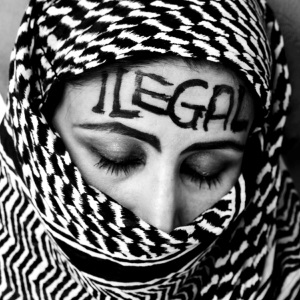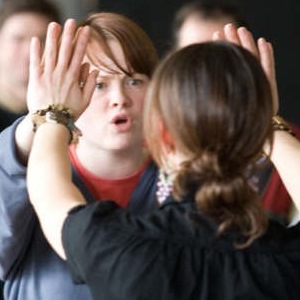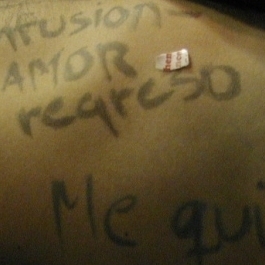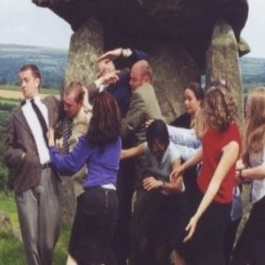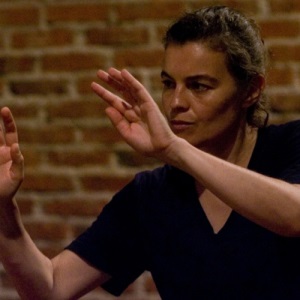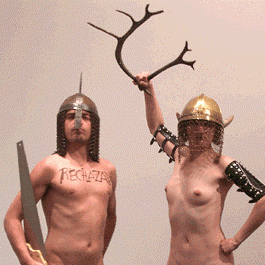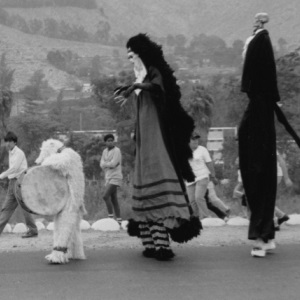It is possible to suggest that all theatre and performance is political as it in some way reflects the political and social contexts from which it is generated and in which it operates. Theatre and performance are public art forms and are therefore embedded in and constructed through social and power relations, issues of visibility and invisibility and presence and absence. However, the term political theatre has specific historical roots in the early twentieth century and was developed through practitioners across Europe and the US, in movements where experiments and innovations in form were created as part of a desire to promote and explore specific political ideologies and agendas. For example, the Blue Blouse movement in Russia and Erwin Piscator in Germany, both developed theatrical techniques which removed the ‘fourth wall’ realist frame and created theatre and performance predicated on direct address, debate and opportunities for live engagement with audiences. This move away from realism was developed further in playwriting by Bertolt Brecht in his Lehrstücke and epic theatre, and by others involved in such politically-driven theatrical developments such as the Workers Theatre Movement in the UK and the Federal Theatre Project in the US. Here, plays embraced different forms of direct political address and debate. Such methods were developed both by individual playwrights and by groups of playwrights sharing specific ideological and political agendas in the late twentieth century. Here, issues of race, class, gender and sexuality are central to the text or performance, with a general shift from the emphasis on class-based concerns so prevalent earlier in the century.
Later twentieth and early twenty-first century critical practices have recognised the possibility of implicit political critique available through realism and other non-didactic forms of theatre practice and writing. Here, content and form are not necessarily dependent on one another in the ways that Brecht and others theorized. This is perhaps a more inclusive approach to the identification and analysis of the political in theatre and performance where melodrama, music hall, naturalistic drama and musical theatre might be understood as carrying distinct, if less explicit, political and social critique. The term political performance is also more inclusive and invites us to consider the politics of performance outside of theatre, in live art, in everyday life and in business, sports, activist practice and other social domains.
Image: Michele Ceballos (left) and Dani D’Emilia (right) during Corpo Ilicito, Rio de Janeiro, Teatro Antonio Carlos Jobim, 2010. Photo © Angela Alegria

